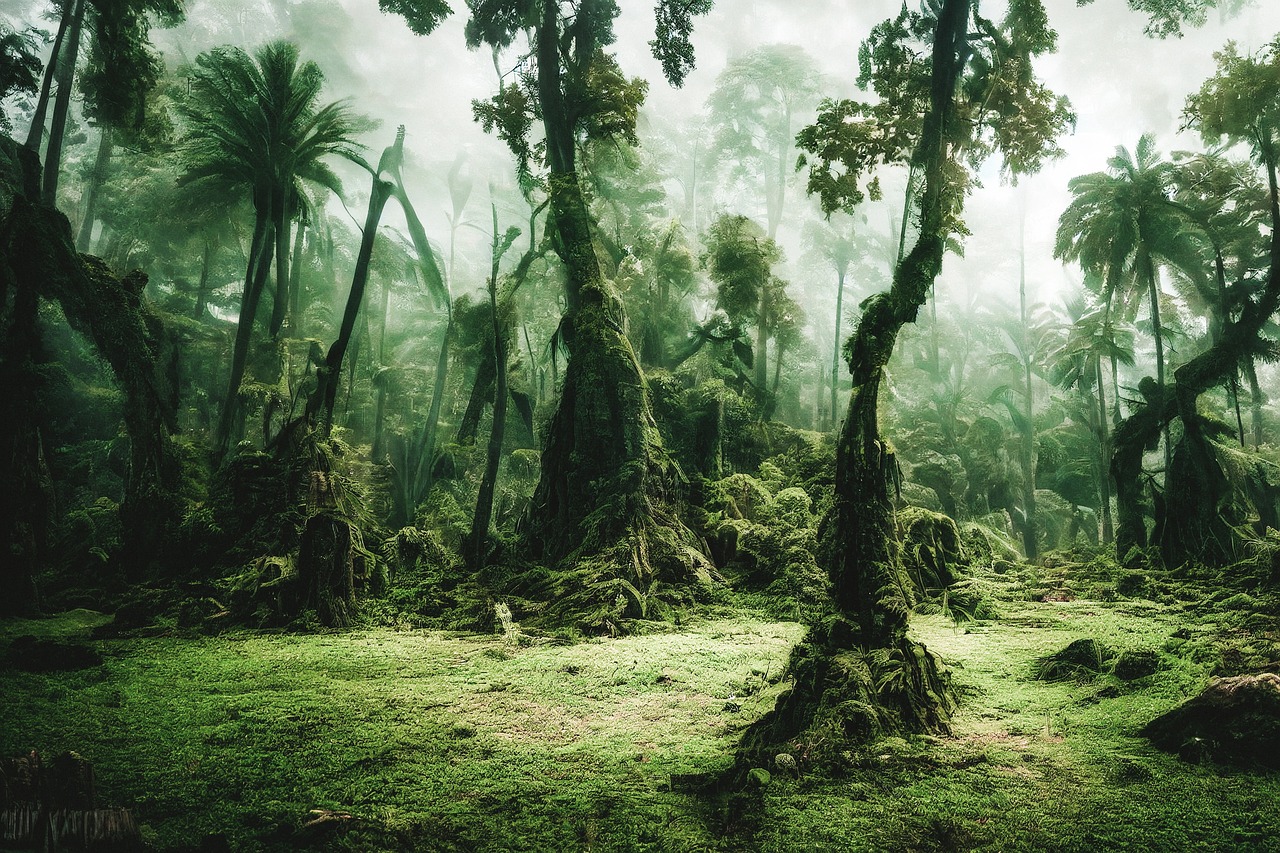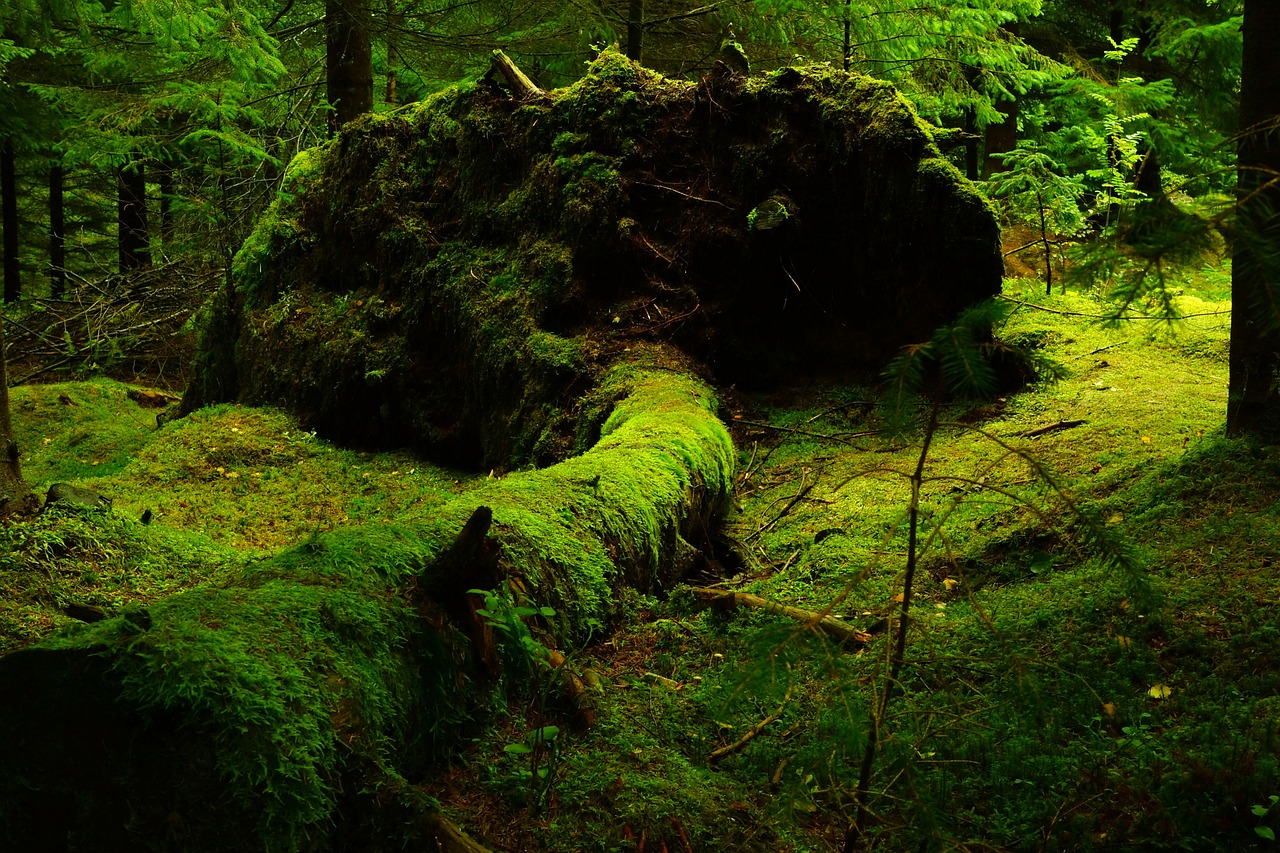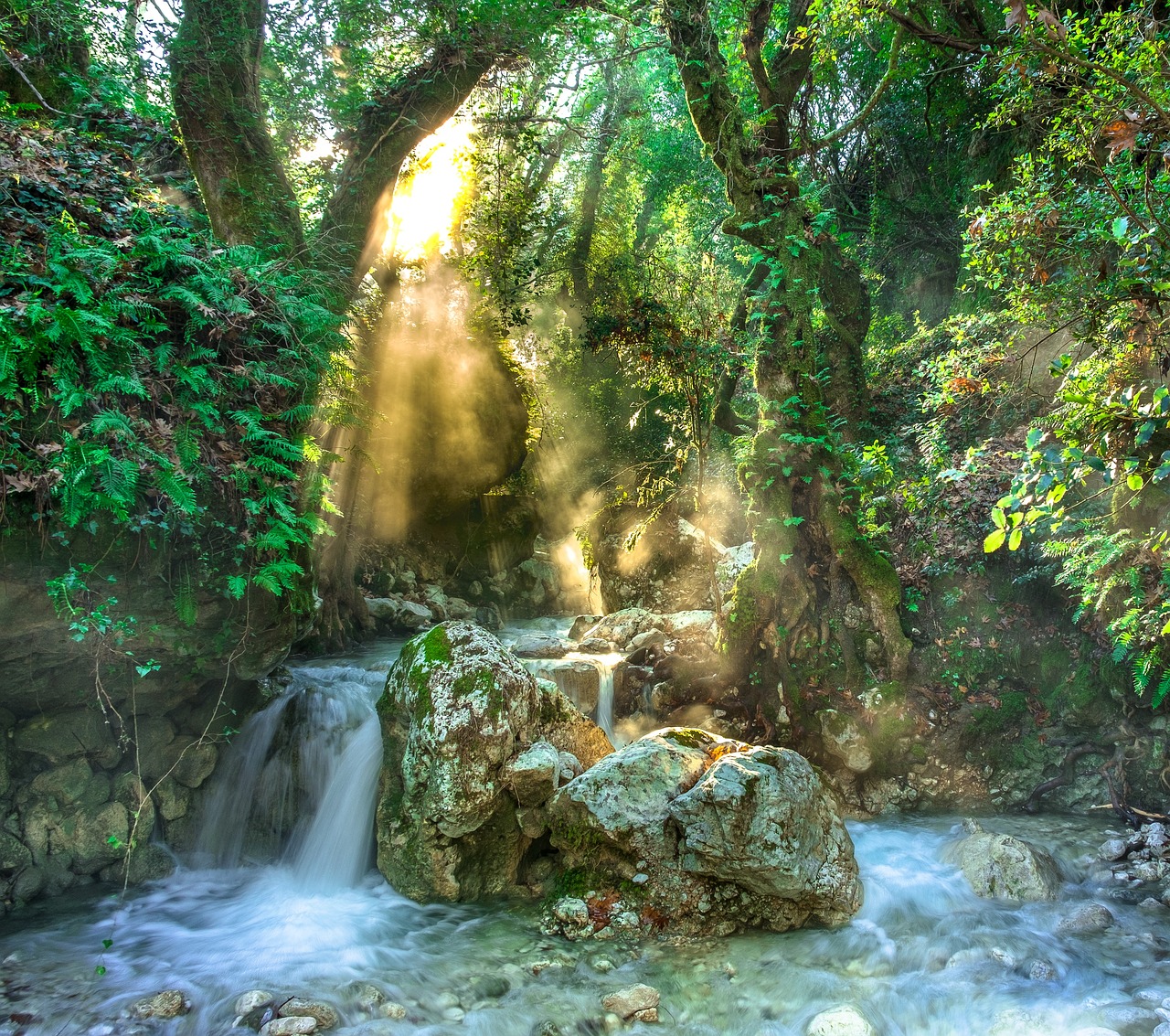What if plants weren't green?

I used to wonder and ask, why is green seen everywhere in the world?
I was walking with my friend and his wife and they were talking about the vibrant colors of the earth and how it beautifies our world. Then the said that God loves varieties, he made everything in different colors! Then I said, "But maybe God's favorite color is green!" They laughed and asked why I think so. I said, well because we see green everywhere! God could have decided to make the plants another color but he chose green.
Like me, have you ever wondered why most of the plants around us are green? It’s a question that might not cross our minds often, but it reveals a fascinating story about the magic of life on Earth.
The Science of Green: Photosynthesis was Explained to me
My friend began explaining to me: "Behind a plant's green color is a miraculous process called photosynthesis. This process is how plants turn sunlight into food, and it's all thanks to a green pigment called chlorophyll. When sunlight hits the chlorophyll in plant leaves, it triggers a chemical reaction that transforms water and carbon dioxide into glucose and oxygen. Which not only provides food for the plant but also releases oxygen into the air, that I (we) breathe."
I had learned about photosynthesis in high school but this my friend gave me a deeper understanding on the topic and applied it to real life while using the things I could see. I still had to make further research! And this post will be the evidence of what I've learned...
Green vegetation is essential for life on Earth in many ways. Plants produce oxygen, which is essential for the survival of most living organisms. Without plants, we wouldn't have the fresh air we need to breathe.
Plants are also are also responsible for the food chain. Herbivores, animals that eat plants, rely on vegetation as their primary food source. In turn, carnivores and omnivores eat these herbivores. This intricate web of life depends extensively on green vegetation.
Plants also help maintain the balance of carbon dioxide in the atmosphere. They absorb carbon dioxide during photosynthesis, which helps mitigate the effects of climate change.
The green vegetations are both diverse and beautiful!
From dense rainforests and grasslands to tiny patches of moss and floating algae, plants come in all shapes and sizes. Each type of plant plays a unique role in its ecosystem.

Did you know that the Amazon Rainforest is often called the "lungs of the Earth" because of its vast production of oxygen?

So what If Plants Weren't Green?
If like me, you've asked the above question then...
Imagine a world where plants were purple, blue, red or another color. While it might look like something out of a sci-fi movie, it wouldn’t be as efficient for life on Earth. Green is the most efficient color for photosynthesis because chlorophyll absorbs blue and red light from the sun and reflects green light. If plants were a different color, they might not be as effective at photosynthesis, and this might alter the balance of life on our planet.
Green vegetation is not just beautiful to look at; it’s the reason we thrive on earth. Appreciation for the plants is very good because of it's work in oir life. Again we thank the creator for the beautiful green gift!
In a world full of vibrant colors, green truly is the color of life.
Want to learn more?👇
Image 2 link
Image 3 link
See you in another post 🤗

Thanks for your contribution to the STEMsocial community. Feel free to join us on discord to get to know the rest of us!
Please consider delegating to the @stemsocial account (85% of the curation rewards are returned).
Thanks for including @stemsocial as a beneficiary, which gives you stronger support.
It is about the chemistry of the molecule! absorbing luminous energy to transform into chemical energy!